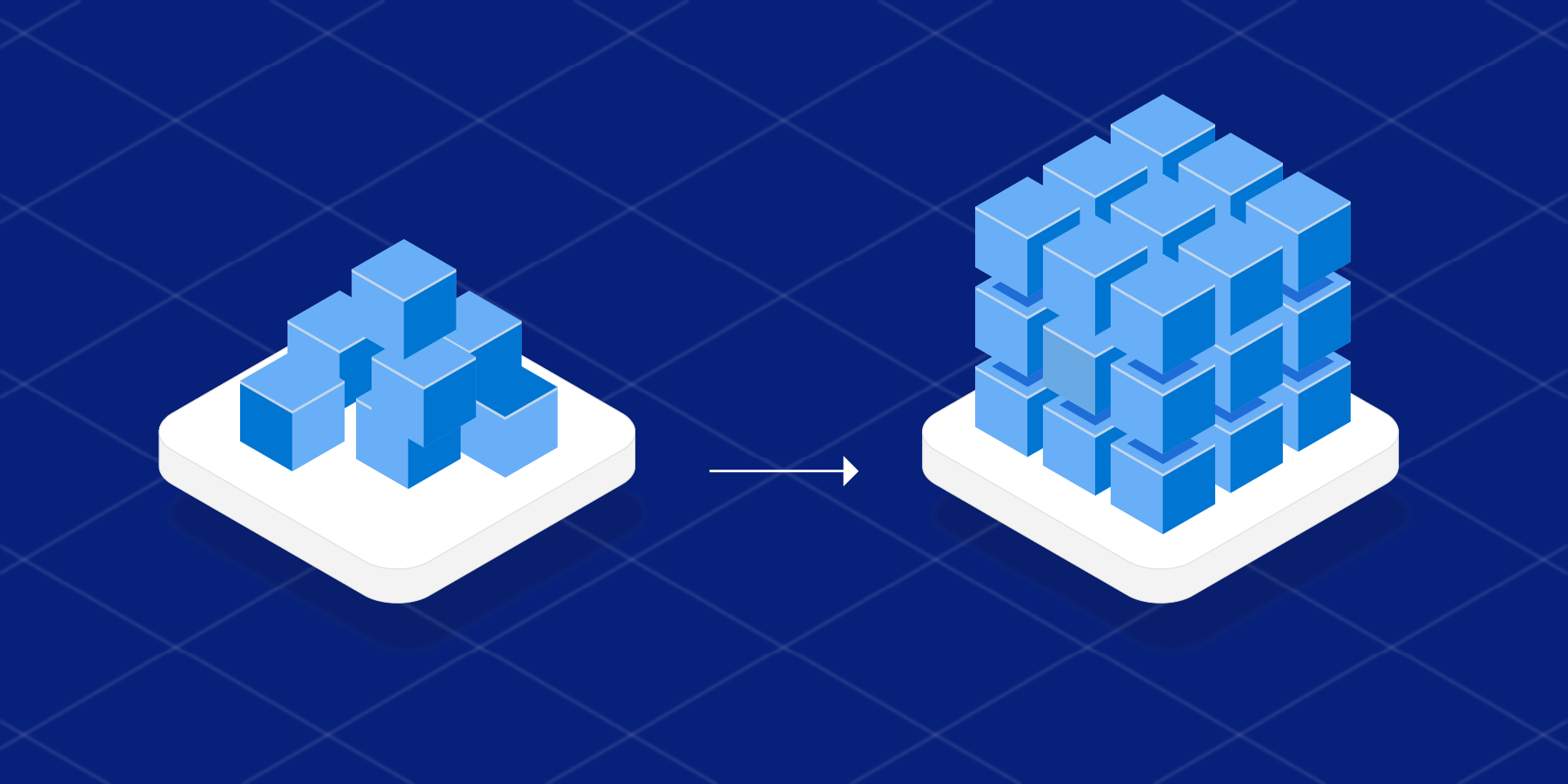Tech
Tools for Data Transformation

As data becomes increasingly central to business operations, the ability to effectively transform data is becoming a key competitive differentiator. The right data transformation tools can help organizations unlock the value in their data, enabling them to make better decisions, drive efficiencies, and create new revenue opportunities. Keep reading to learn about the different types of tools for data transformation.
What is data transformation?
Data transformation is the process of converting data from one form to another. This can involve changing the format of the data, the structure of the data, or the content of the data. Data transformation can be used to improve the usability of data, make it easier to process, or make it more accurate. Data transformation can also hide or obscure data from unauthorized users.
Data transformation tools are software programs that allow users to manipulate and change data format. This can be useful for cleaning up data, formatting it for presentation, or preparing it for analysis. The most common tool for data transformation is Microsoft Excel, but many other options are available.
Excel is a versatile program that can perform many different types of calculations and manipulations on data. It has a wide range of built-in functions that can be used to transform data, and there are also many third-party add-ins available that can provide additional functionality. Excel also allows users to create their custom formulas and functions, which can be useful for transforming data.
Other popular options for data transformation include the R programming language and the Python programming language. These languages allow users to write scripts that can automate complex tasks and transformations. They also provide a lot of flexibility and power, allowing users to tailor their transformations exactly how they want them.
What are data quality assessment tools?
Data quality assessment tools are used to measure and improve data quality. They can be used to assess data’s accuracy, completeness, timeliness, and relevance. Data quality assessment tools can also identify and correct data problems.
There are a variety of different types of data quality assessment tools. Some common types include statistical analysis, data profiling, and fuzzy logic. Statistical analysis is used to measure the accuracy of data by identifying errors in data sets. Data profiling is used to examine the structure of data sets and identify inconsistencies or missing values. Fuzzy logic is used to determine the relevancy of data by examining how well it matches certain criteria.
How is a statistical analysis used as a data transformation tool?
Statistical analysis is a process of examining data to conclude it. This can be done by performing various tests on the data or by looking at the data in relation to other data sets.
There are many different tools that can be used for statistical analysis, which allow you to perform various tests on your data, such as correlation tests and regression analyses. They also allow you to create graphs and charts that help visualize your data.
Using statistical analysis can help you make better decisions based on the data you have gathered. It can also help you find relationships between different pieces of data. This information can be used to improve your business or research outcomes.
What are ETL tools?
ETL tools are used to extract, transform and load data between different data stores or data warehouses. They can be used to move data from a source system, such as a customer relationship management (CRM) system, or into a target system, such as an enterprise resource planning (ERP) system.
The extraction process extracts the data from the source system into a staging area. The transformation process then cleans and transforms the data into the correct format for the target system. The loading process then loads the transformed data into the target system.
ETL tools can be used to automate these processes, which can save time and money. They can also help ensure that the data in the target system is consistent with the data in the source system.
Data transformation tools are important for businesses to make accurate and timely decisions. The use of these tools can help to clean and prepare data for analysis, as well as to identify trends and patterns. In addition, the use of data transformation tools can help to improve the accuracy of data-driven decisions.
-
Blog1 year ago
MyCSULB: Login to CSULB Student and Employee Portal – MyCSULB 2023
-
Android App3 years ago
Cqatest App What is It
-
Android1 year ago
What Is content://com.android.browser.home/ All About in 2023? Set Up content com android browser home
-
Software2 years ago
A Guide For Better Cybersecurity & Data Protection For Your Devices
-
Latest News2 years ago
Soap2day Similar Sites And Alternatives To Watch Free Movies
-
Android2 years ago
What is OMACP And How To Remove It? Easy Guide OMACP 2022
-
Android3 years ago
What is org.codeaurora.snapcam?
-
Business2 years ago
Know Your Business (KYB) Process – Critical Component For Partnerships





















